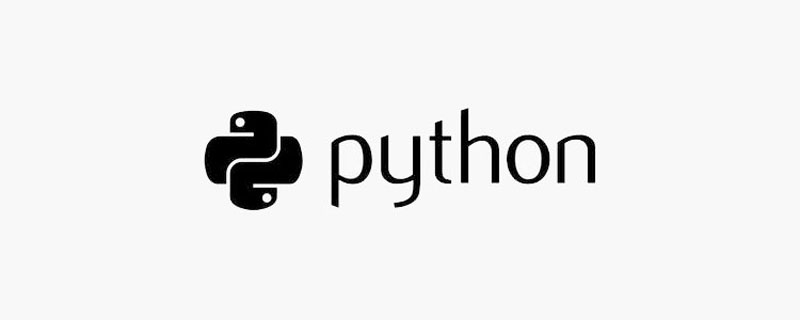python判断值的类型的方法是:1、利用type库结合python内置的type函数判断值的数据类型;2、使用python内置函数isinstance判断值的数据类型。

import types type(x) is types.IntType # 判断是否int 类型 type(x) is types.StringType #是否string类型
超级恶心的模式,不用记住types.StringType
import types
type(x) == types(1) # 判断是否int 类型
type(x) == type('a') #是否string类型
使用内嵌函数:
isinstance ( object, classinfo )
Return true if the object argument is an instance of the classinfo argument, or of a (direct or indirect) subclass thereof. Also return true if classinfo is a type object and object is an object of that type. If object is not a class instance or an object of the given type, the function always returns false. If classinfo is neither a class object nor a type object, it may be a tuple of class or type objects, or may recursively contain other such tuples (other sequence types are not accepted). If classinfo is not a class, type, or tuple of classes, types, and such tuples, a TypeError exception is raised. Changed in version 2.2: Support for a tuple of type information was added. Python可以得到一个对象的类型 ,利用type函数:
>>>lst = [1, 2, 3] >>>type(lst) <type 'list'>
不仅如此,还可以利用isinstance函数,来判断一个对象是否是一个已知的类型。
isinstance说明如下:
isinstance(object, class-or-type-or-tuple) -> bool Return whether an object is an instance of a class or of a subclass thereof. With a type as second argument, return whether that is the object's type. The form using a tuple, isinstance(x, (A, B, ...)), is a shortcut for isinstance(x, A) or isinstance(x, B) or ... (etc.).
其第一个参数为对象,第二个为类型名或类型名的一个列表。其返回值为布尔型。若对象的类型与参数二的类型相同则返回True。若参数二为一个元组,则若对象类型与元组中类型名之一相同即返回True。
>>>isinstance(lst, list) Trueisinstance(lst, (int, str, list)) True >>>isinstance(lst, (int, str, list)) True
神龙|纯净稳定代理IP免费测试>>>>>>>>天启|企业级代理IP免费测试>>>>>>>>IPIPGO|全球住宅代理IP免费测试





